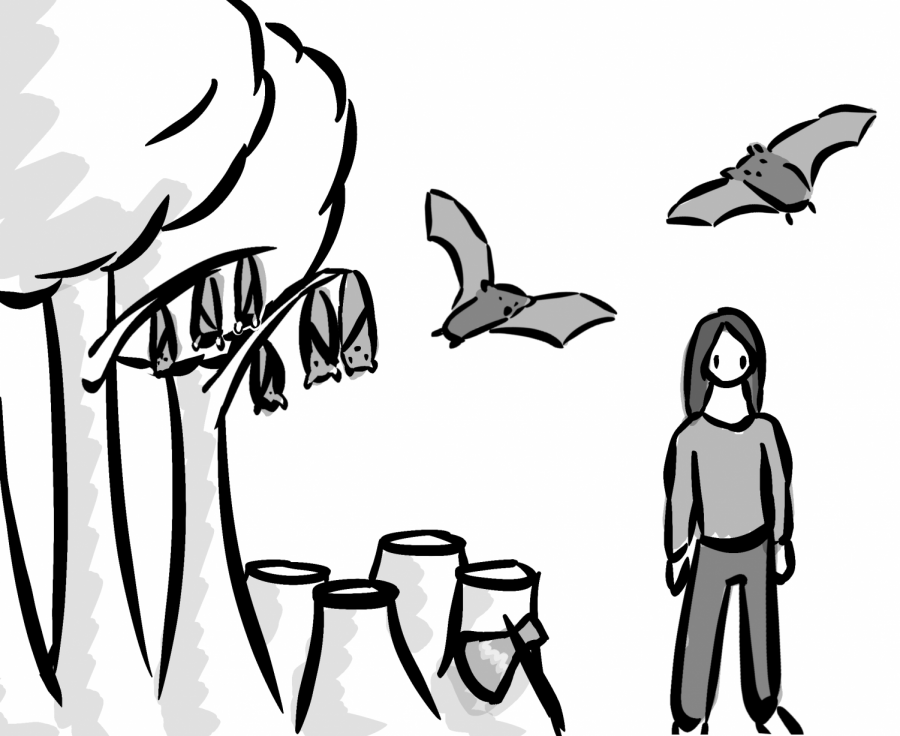Without Climate Change Action, Future Pandemics May Become More Likely
April 24, 2020
It is well known that the current global outbreak of COVID-19 is a primary threat to essentially everything we know. Schools shut down, the stock market crashed, and—possibly even more frightening—toilet paper is sold out. Beyond these immediate issues, however, a large cause of COVID-19 and similar virus outbreaks indicates a much more daunting problem: climate change and deforestation may lead to an increased susceptibility to future pandemics of equal scale. Although the coronavirus is pretty bad right now, not addressing the bigger issue of climate change could make it so that we never go back to our normal way of life.
The biggest cause of disease outbreaks is deforestation. All around the world, trees are cut down, increasing CO2 levels and contributing to climate change. In addition, many animals’ habitats are destroyed in the process, forcing them to live near urban areas and potentially spread these diseases. The first case of Ebola, for instance, was reported in December 2013, when an 18-month-old boy from a small village in Guinea was infected by bats living in a nearby area. Even the newly feared coronavirus was transferred to humans through pangolins and bats. As observed in studies by Fischer and Katz in 2013 and the World Health Organization in 2014, multiple outbreaks, notably the 2014 West Africa Ebola epidemic, have exposed gaps in requirements related to the detection of diseases. Many countries have the same issue, containing gaps especially evident in resource-limited settings, often where these deforestation processes are held. Cutting down trees, combined with urbanization, has a history of producing deadly viruses and is becoming an increasingly potent issue as more strains of influenza are discovered.
Influenza is the most likely pathogen to cause the next severe pandemic. Analysis from the National Center for Biotechnology Information indicates that in any given year, a one percent probability exists of an influenza pandemic that could cause nearly six million or more pneumonia and influenza-related deaths globally. If we don’t broaden our field of view to address the bigger problem at hand, that percent will continue to rise. Despite this daunting statistic, nearly everything is in our control, even here in Cambridge. CRLS biology teacher Ms. Barbara Dorritie gives advice on how to best fight COVID-19 and its future predecessors. “We can reduce risk of spreading COVID-19 by staying a safe distance from other people (6 feet or more), washing hands with soap and water (better than using hand sanitizer), and avoiding touching our faces.” In terms of long term problem solving, even during quarantine, we can help minimize the impacts of climate change and deforestation. Ms. Dorritie continues, “Organize your friends on social media, inform them about the risk of habitat destruction, and get legislation re-enforced to protect the natural habitats of animals that need them!”
Our goal as a society should not be to just make it through this pandemic. The current crisis is a big deal, yes, but as much as we need to worry about the task at hand, we also need to make a long-term plan. The consequences are far too severe to brush off for future generations of people—if we want a healthy living environment where quarantine is not a norm, then deforestation and climate change must be stopped.










